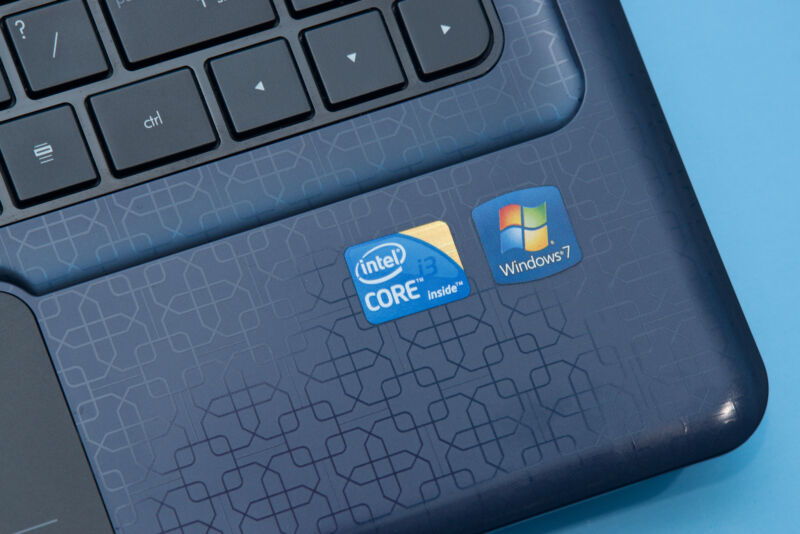backtracking without backtracking —
You won’t see it in Windows Update, but Microsoft won’t stop you from running it.
Andrew Cunningham
–

Enlarge / Microsoft won’t officially support running Windows 11 on old PCs, but the company won’t stand in the way, either.
Microsoft officially announced some small additions to Windows 11’s official CPU support list today, along with additional details about the operating system’s security requirements. But another, quieter announcement should quell more of the system requirement-related angst: the Verge reports that Microsoft won’t stop you from performing manual installs of Windows 11 on systems that don’t meet the official requirements. That means that people running Windows 10 on unsupported systems won’t be offered Windows 11 through Windows Update, but you’ll still be able to update if you download an ISO file and perform an upgrade or a clean install manually.
This will be a particular boon to PCs right on the border of Windows 11’s system requirements, like those running 6th- or 7th-generation Intel Core CPUs or first-generation AMD Ryzen processors. These chips are missing support for a few esoteric optional security requirements but can otherwise meet the performance and Secure Boot and TPM 2.0 requirements and still get modern DCH driver support from Intel, AMD, and most PC OEMs.
Microsoft is still actively recommending that you don’t run Windows 11 on any system that doesn’t meet the official support criteria. According to data from PCs running the Insider Preview builds, Microsoft says that PCs that didn’t meet the requirements had “52% more kernel mode crashes” than PCs that did and that first-party apps crashed 43 percent more often on unsupported hardware. But allowing users to make the decision for themselves is arguably what the company should have done in the first place—people who don’t seek out the Windows 11 update will never be offered it if their hardware isn’t up to snuff, but advanced users, testers, and IT departments who do want to run the latest software on their computers can evaluate the trade-offs and make the decision for themselves.
The current Insider Preview versions of the Windows 11 ISOs will halt if your system is missing either Secure Boot or a TPM (though it’s fine with a TPM 1.2 module, despite the operating system’s official TPM 2.0 requirement). You can get around this limitation with a couple of quick Windows Registry hacks; we don’t yet know whether the final Windows 11 ISOs will make the same system checks. We’ve asked Microsoft for more details and will follow up if we get a response.

